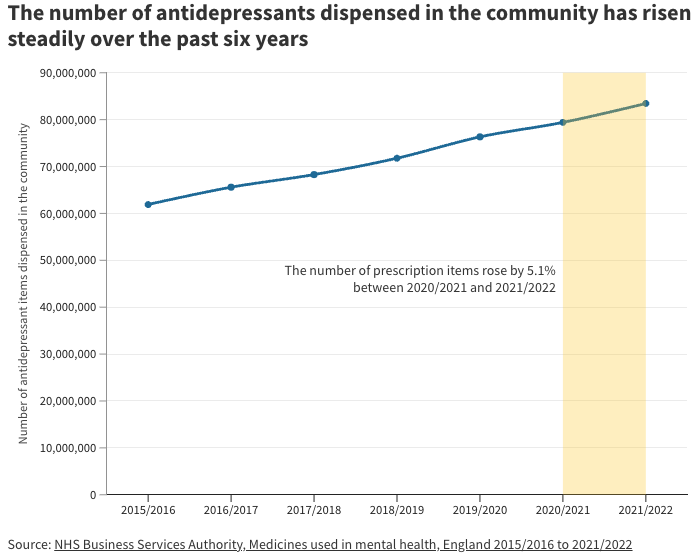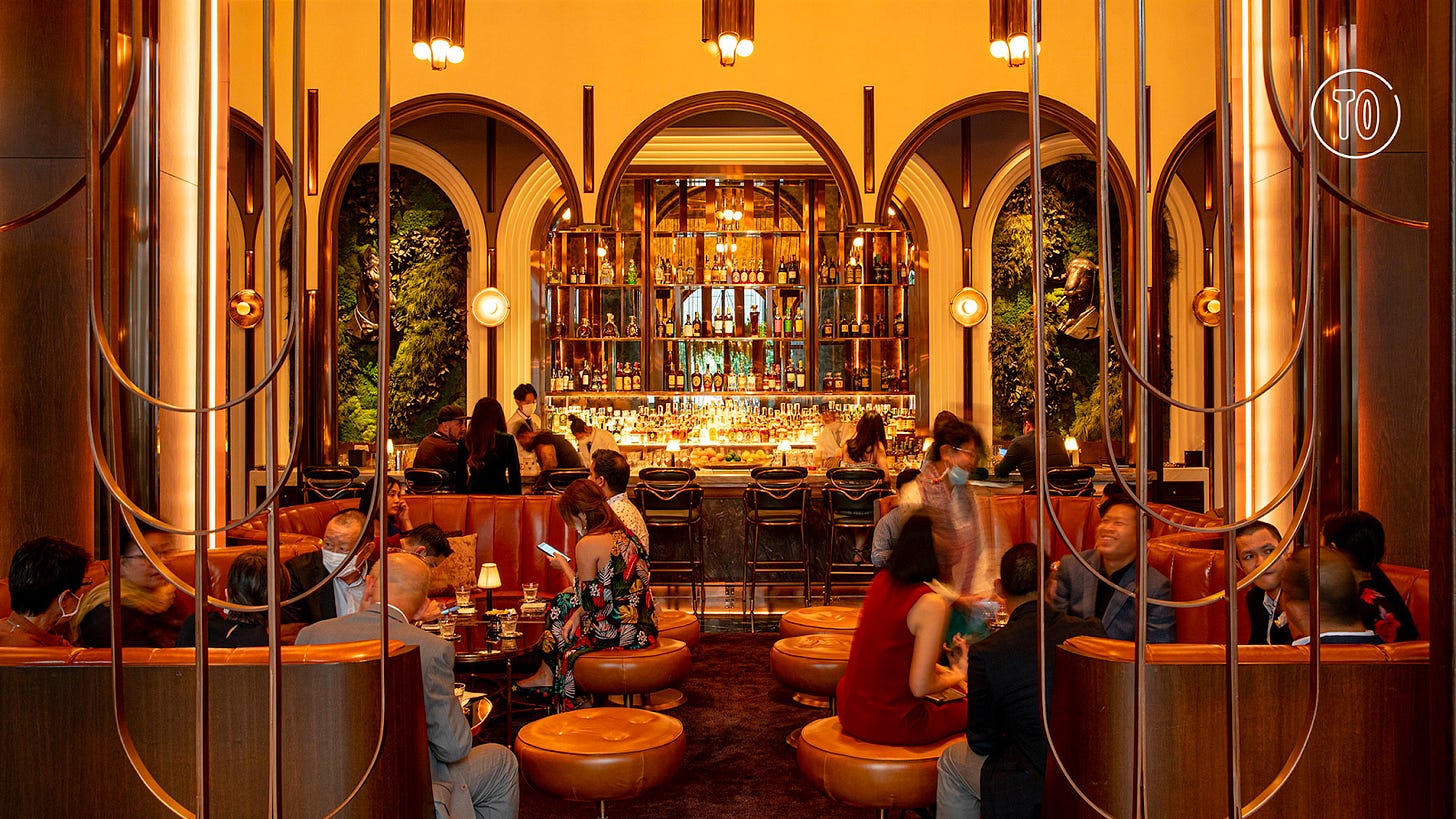I know I owe you a breakdown of Soho House. It’s been the #1 requested post. I have been waiting for the right time. Like when The Physicality hits 1000 subscribers. Get your friends to sub if you want to read that! Today’s post is not your usual fare. It’s an announcement of a side project I have been thinking about for ages. We will be back to regular programming soon!
Play removes the social scaffolding between strangers. And that’s exactly what we need right now.
We are lonely. In a 2021 Cigna survey, 58% of Americans reported so. We can’t put the onus on COVID either. The 2019 report had the figure even higher, at 61% with Millenials and Gen Z being the most lonely. This issue has metastasized into a formal “epidemic” as classified by the US Surgeon General, Vivek Murthy. Indeed, there is now a link between loneliness and the risk of heart disease, stroke, and dementia. He wrote in May 2023,
“Our epidemic of loneliness and isolation has been a public health crisis. Given the significant health consequences of loneliness, we must prioritize building social connection the same way we have prioritized other critical public health issues such as tobacco, obesity, and substance use disorders.”
Not only does loneliness plague the body, it also damages the mind. Those who feel lonely are 1.42 times more likely to use depression/anxiety medications. With loneliness on the rise, it’s no surprise that antidepressant use has as well. From 1999 - 2014, it rose by 65% in the U.S.. In England, it rose by 35% in just the last six years. While loneliness isn’t the only reason, it is one we can collectively work on.
I know this is bleak, but I need to illustrate the grave situation… before I discuss how I want to help solve this with play.
Play is Serious
Do you remember how you made and deepened friendships as a child? It wasn’t a housewarming where you chat about rent prices in an overcrowded living room that is also an office. It wasn’t over mimosas at a pre-scheduled brunch three months in the making.
It was during capture the flag at recess. It was sharing the swing set. It was building worlds together with dolls, Legos, and Hot Wheels. It was going to the local arcade. It was play. And for some reason, as adults, we don’t socialize the same.
Jeff Harry, a coach who weaves applies positive psychology with organizations’ day-to-day routines asserts,
“Adults often seek fun through novelty, whether it’s traveling to new places or buying new gadgets… novelty can be fun, but play isn’t something new that you have to do. It’s tapping back to something personal and fulfilling.”
Traveling to new places is not play. Clubbing is not play. Going to dinner or drinks is not play. Play has no result. Play is “unproductive.” Play is unadulterated fun. And embracing it could change our lives. Adam Piore, Health Reporter at the Boston Globe writes,
“A weighty body of evidence—spanning evolutionary biology, neuroscience and developmental psychology—has confirmed the centrality of play to human life. It is a means for young and old alike to connect with others. Play is so fundamental that neglecting it poses a significant health risk.”
So it’s no surprise that play is a big and growing business: Dave & Busters brought in $2B of topline in 2023 while Topgolf’s 80 locations did $1.5B. The U.S. board games market crossed $2B in 2022 with a CAGR of 10%. Let’s not forget about the ultimate adult playground: casinos, which achieved a record ~$55B in revenue last year.
Then there is the recent slew of adult versions of things we enjoyed as kids:
Barcade (arcade)
Swingers (mini-golf)
SPiN (ping pong)
Sharks Pool (billiards)
Frame (bowling)
And relatively new ideas like
Axe-throwing
Pickleball
Escape rooms
VR experiences
This rise points to a desire for more play in our adult lives. But these still fall short of using play to solve loneliness. Anyone can walk into a board game cafe or D&B but there’s no guarantee you will be able to play with anyone. They still rely on you to bring your wallet and your social circle. They lack community. You need both play and a consistent enough group to help solve loneliness.
Joust: Soho House meets Game Night
Social clubs in America have taken on a different flavor than in the past. As opposed to being around a common interest (a certain gender, race, or religion), the most well-known social clubs have become a collection of people who can afford to be there. Due to this, they don’t provide the community the members are looking for because there is no binding force. No glue. No common interest.
Play is an elegant way of removing the social scaffolding between strangers. That’s why I am starting Joust, a social club that’s all play. Joust is really about reintroducing how we socialized as kids, to our adult lives. Board games and charades. Card games and mafia.
But this isn’t your family game night. You’ll play in those couth spaces that we adults love. Perhaps there is even a fireplace. An assortment of beverages that meet your particular thirst that day. A menu of game-friendly bites that won’t get your cards dirty.
Continue playing or start up a new game with a member you have never seen before across the room. When you join Joust, you’re always ready to play. And that’s why it’ll be the most fun you’ve ever had in “social club.”
Master Plan
I am in the early days of validating this idea. What will we play? When? Would anyone join in the first place? That’s why I wanted to introduce it to you first.
If you’re intrigued, then sign up for Joust HERE.
If I get a few dozen people interested, then I will set up a fancy game night shortly.
If I can get a few game nights sold out, I will seriously consider opening the first location.







